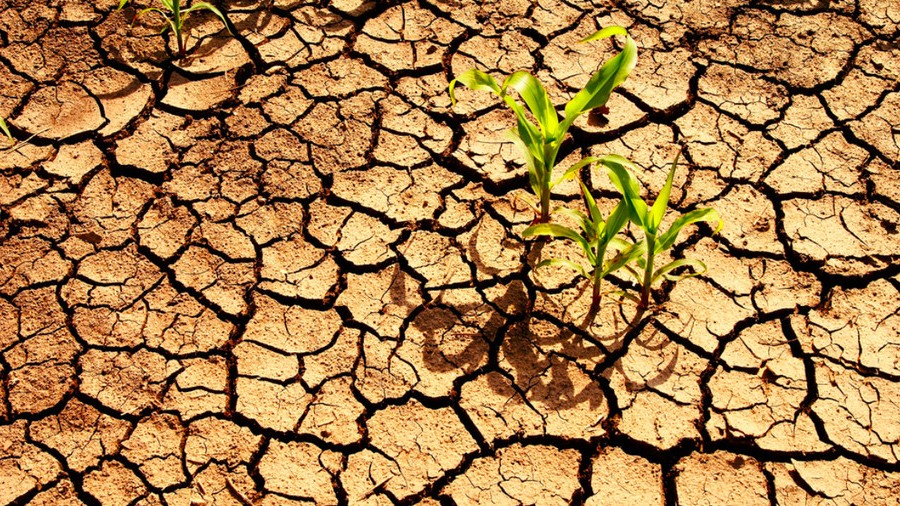Dry Farming: A Sustainable Approach to Agriculture
The world is witnessing a growing concern over the sustainability of conventional agriculture practices. With climate change, water scarcity, and soil degradation, it’s becoming increasingly clear that we need to find alternative ways to produce food without harming the environment or compromising future generations’ ability to meet their own needs.
Dry farming is one such approach that has been gaining popularity in recent years. It involves cultivating crops without irrigation, relying solely on rainfall and soil moisture for plant growth. While this may sound like an impractical idea in areas with limited rainfall or high evaporation rates, dry farming has proven to be a viable option for many farmers worldwide.
Here are some of the benefits of dry farming:
Sustainability
One of the significant advantages of dry farming is its sustainability. Since it relies entirely on natural resources – rainwater and soil moisture – there’s no need for artificial irrigation systems that deplete groundwater reserves and contribute significantly to carbon emissions. Dry farming also helps conserve soil structure and fertility by reducing compaction caused by heavy machinery used in conventional agriculture.
Water conservation
Water scarcity is a global problem affecting millions of people worldwide. With traditional agricultural practices consuming up to 80% of available freshwater resources globally, dry farming offers an excellent solution for water conservation. Instead of relying on irrigated water sources like rivers or aquifers, farmers can use rainwater more efficiently by capturing runoff from roofs and other surfaces.
Nutritious crops
Dry-farmed crops tend to have higher nutrient content compared to conventionally grown ones because they grow more slowly under stress conditions imposed by droughts than those grown with ample irrigation supplies.
Reduced costs
Since there’s no need for expensive irrigation systems or fertilizers in dry farming, farmers can enjoy reduced production costs while still producing high-quality crops. This makes it ideal for small-scale farmers who might not have access to sophisticated technologies but still want sustainable ways of generating income through agriculture.
Challenges of Dry Farming
While dry farming offers several benefits, it’s not without its challenges. One of the most significant obstacles is unpredictable rainfall patterns that can lead to crop failure or reduced yields. Moreover, the lack of irrigation means farmers have to rely on soil moisture levels, which can be challenging to maintain during extended droughts.
Another challenge is weed control since conventional herbicides are not suitable for dry farming as they require ample water supplies to work effectively. Farmers must use alternative weed management techniques such as manual weeding or mulching.
Choosing Suitable Crops for Dry Farming
Not all crops are suitable for dry farming due to their high water requirements. However, some crops thrive well in low-water conditions and produce high-quality yields when grown using this method. Here are some examples:
1. Grapes: They grow well in areas with moderate rainfall and warm temperatures and produce premium-quality wine.
2. Tomatoes: They’re resistant to drought conditions and produce flavorful fruits when grown in arid regions.
3. Olives: These trees require little watering and yield high-quality oils used for cooking or beauty products like soaps and lotions.
4. Peaches: They’re a good option for gardens that receive occasional rain showers but still want a fresh supply of fruit throughout summer months.
Conclusion
Dry farming may seem like an old-fashioned way of growing crops, but it’s an innovative approach that combines traditional methods with modern technology to create sustainable agricultural practices that benefit both farmers and consumers alike! Its reliance on natural resources makes it an eco-friendly alternative solution that reduces greenhouse gas emissions while conserving water resources.
As more people become aware of the benefits associated with dry farming practices, there will likely be increased demand from consumers who want healthier food options produced sustainably without harming the environment or compromising future generations’ ability to meet their own needs!


Leave a comment